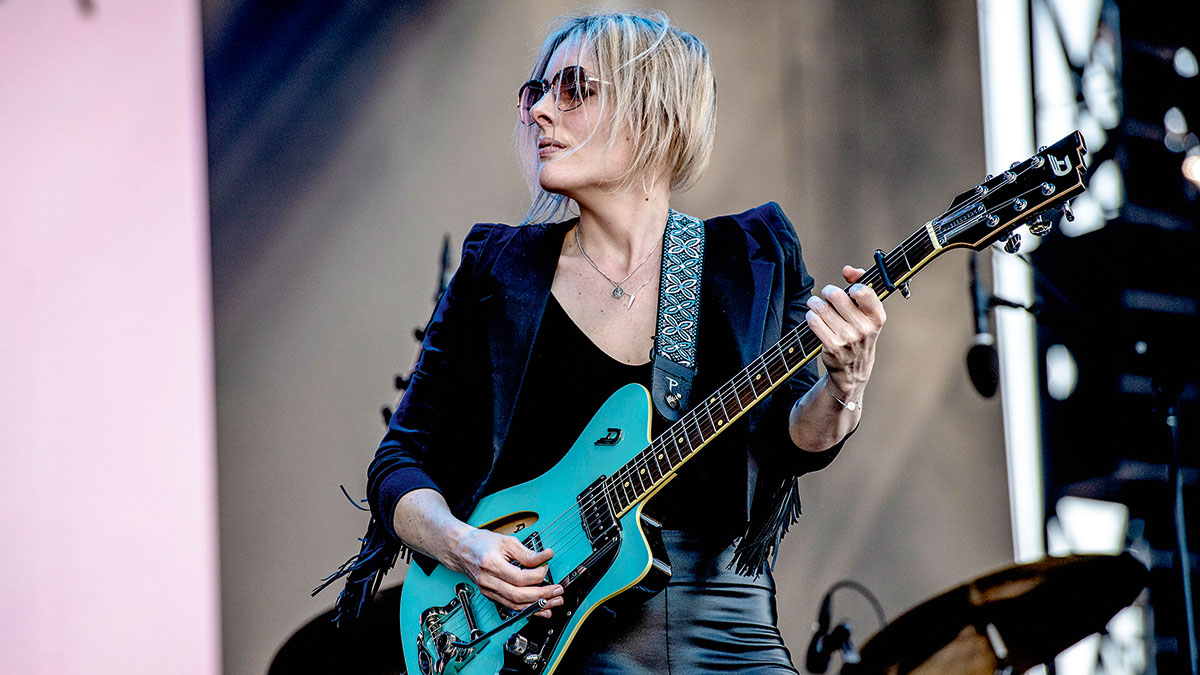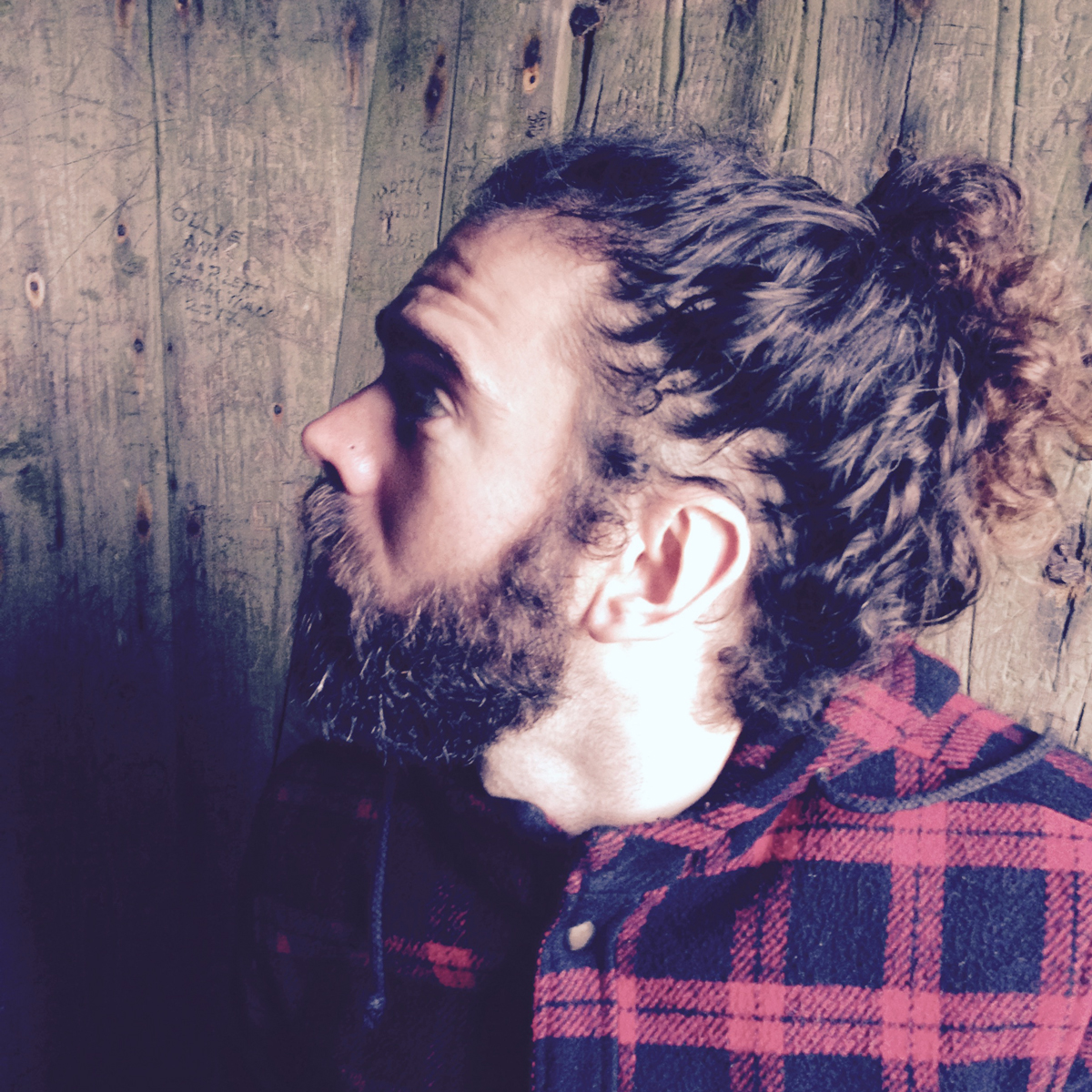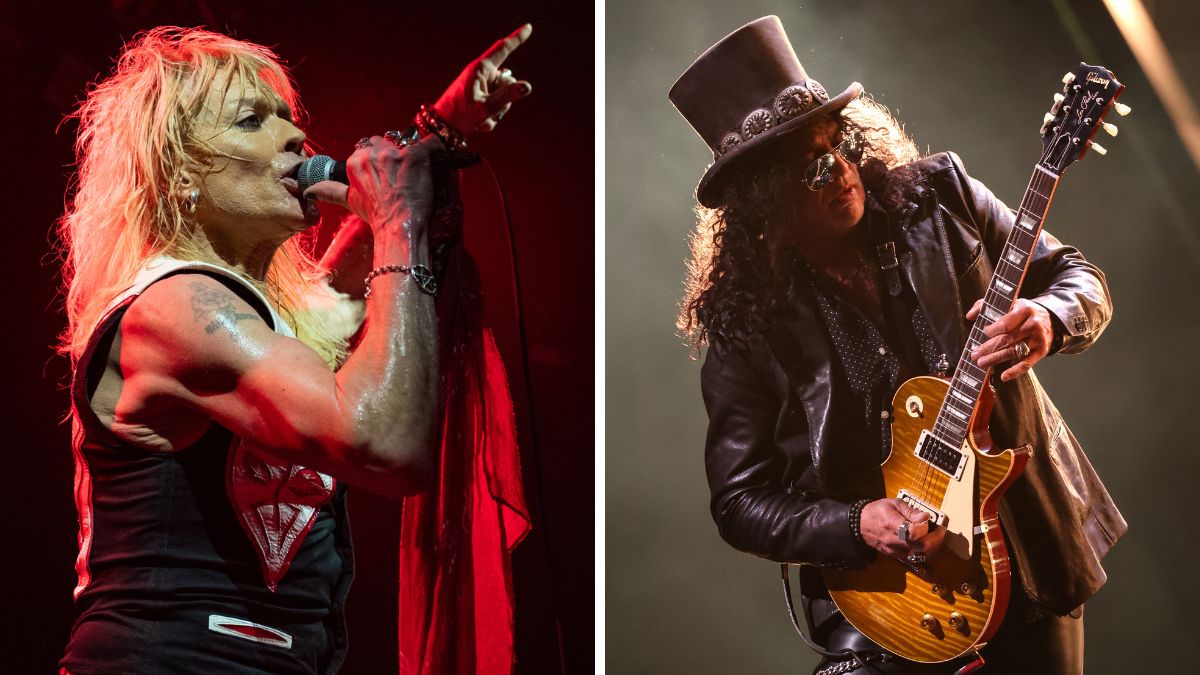“I still love that idea of a solo singer-songwriter being able to communicate with just their guitar and vocal”: Christina Martin on making the leap from cheap Gretsches to fancy Duesenbergs, and why pedals stress her out
On her new album, Storm, the Canadian-born, Austin-based singer-songwriter is cultivating a more orchestral sound, but as she explains, you can strip it all back to her voice and guitar

Singer-songwriter Christina Martin was raised on the East Coast of Canada but found her musical feet when she moved to Austin, Texas, in 1999 and picked up a guitar.
Her career was confirmed by a 2002 support slot for Wilco and the release of her debut album, Pretty Things. “Austin was where I discovered singer‑songwriters and wanted to be like them,” she says. “It was also where I discovered my own gift, which needed a lot of work!”
‘Storm’ a-coming
Jet forward to today and Christina has just released Storm, her eighth studio album and one that was many years in the making.
“This album wasn’t intentional,” she states. “I didn’t know whether these songs would fit together on an album – I approached it by making each song as good as it could be. But when I looked at it as a body, I organised the songs chronologically as events that affected me in my life.
“Then it really felt like the story of my life as a creator and how magical that is. But there’s also childhood trauma, awakening to a place like Austin, and the things we go through in life with loss and relationships and figuring out how we heal ourselves.”
Scaling down
To tour the album, Christina is going with a stripped-down setup, playing as a duo with her husband, Dale Murray, playing lead guitar to her rhythm. “I’m mainly the rhythm guitarist and he’s playing melodies,” she explains. “He has a full-on setup, with pedals that simulate string sections and stuff. I have, like, two pedals!
“We don’t bring other instruments as such, but we have different guitars, like a Duesenberg lap steel and a Duesenberg 12-string mandolin, but we don’t bring keyboards and other things. I don’t want to bring other things – it stresses me out! Two pedals and a tuner pedal is enough. I get that other guitar players want all the toys, but that’s just not me.”
Get The Pick Newsletter
All the latest guitar news, interviews, lessons, reviews, deals and more, direct to your inbox!
Dreaming big
Having her husband with her on tour with a more expansive guitar setup is useful when considering Storm, with many of the songs drenched in strings. But Christina is looking to produce the album’s spirit more organically in the future.
“Some of those songs, like Stay With Me, are such emotional tunes and I had dreams about the sound and strings were always there,” she tells us.
“I have also been striving to do symphony orchestra performances. It made sense to do the album now and then some day I can have strings live in the performance. It’s something different because I’ve never had string players with me before… These are all aspirations, right? Which I don’t know if I can pull off. But the dream is to represent the album live.”
The fundamentals
With eight albums under her belt, Christina has had much practice in putting them together and experimenting with sound, but she began with the basics, which she still tries to incorporate into her shows.
“In the beginning, I played solo for many years and developed a big, warm rhythmic sound, but I never aspired to learn how to bend strings or perform solos,” she says. “My voice is my main instrument and the guitar was merely a tool for writing songs and being able to perform them independently.
“I still love that idea of a solo singer-songwriter being able to communicate with just their guitar and vocal, and I try to always build those moments into the shows, even if it’s a full-band show – because it’s where I started out.”
D is for Duesenberg
“I’m currently contemplating which guitars to bring to the UK,” Christina tells us, referring to her album tour that starts in February 2024. “I play the Caribou and the Starplayer; I also have the prototype for the limited-edition Stardust series.
“I’m not an expert on this, but the Duesenbergs have a real big sound, but they’re clear and cut through the mix. Plus they’re very easy to play, so for somebody like me who’s not a guitar hero, they’re reliable when you’re using a capo or the tremolo. I used to just go for the cheapest Gretsches, but these guitars are great.”
- Storm is out now via Come Undone Records.
Glenn Kimpton is a freelance writer based in the west of England. His interest in English folk music came through players like Chris Wood and Martin Carthy, who also steered him towards alternate guitar tunings. From there, the solo acoustic instrumental genre, sometimes called American Primitive, became more important, with guitarists like Jack Rose, Glenn Jones and Robbie Basho eventually giving way to more contemporary players like William Tyler and Nick Jonah Davis. Most recently, Glenn has focused on a more improvised and experimental side to solo acoustic playing, both through his writing and his own music, with players like Bill Orcutt and Tashi Dorji being particularly significant.
“Every tour was the best I could have done. It was only after that I would listen to more Grateful Dead and realize I hadn’t come close”: John Mayer and Bob Weir reflect on 10 years of Dead & Company – and why the Sphere forced them to reassess everything
“Last time we were here, in ’89, we played with Slash on this stage. I don't remember what we did...” Slash makes surprise appearance at former Hanoi Rocks singer Michael Monroe's show at the Whisky a Go Go


![John Mayer and Bob Weir [left] of Dead & Company photographed against a grey background. Mayer wears a blue overshirt and has his signature Silver Sky on his shoulder. Weir wears grey and a bolo tie.](https://cdn.mos.cms.futurecdn.net/C6niSAybzVCHoYcpJ8ZZgE.jpg)

![A black-and-white action shot of Sergeant Thunderhoof perform live: [from left] Mark Sayer, Dan Flitcroft, Jim Camp and Josh Gallop](https://cdn.mos.cms.futurecdn.net/am3UhJbsxAE239XRRZ8zC8.jpg)






